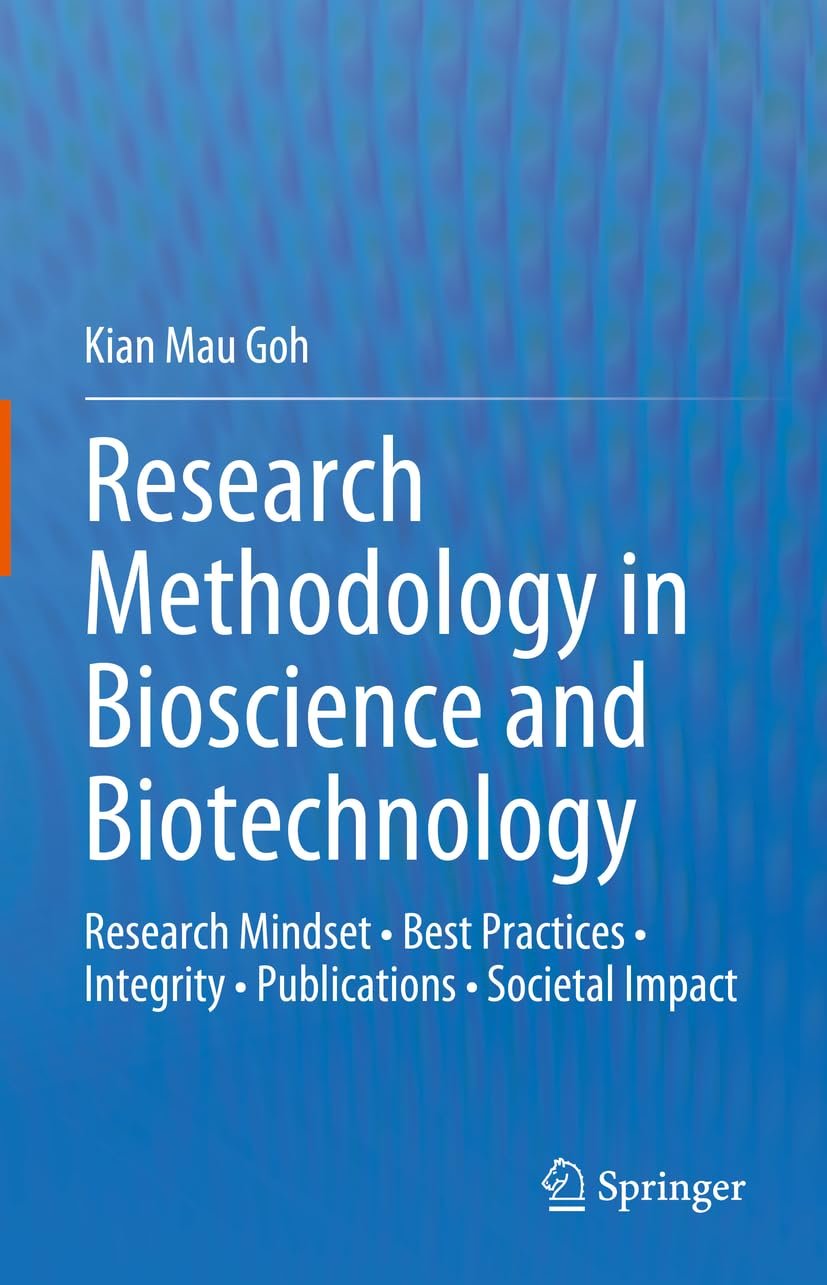This monograph offers a comprehensive guide to good research practices and mindsets, covering a wide range of topics across 8 chapters. Readers will find numerous themes and strategies to help them develop their research skills and achieve their objectives, from effective proposal writing to stress management and upskilling. This book explains the purpose, process, tips, and mistakes of writing proposals, theses, articles, and reviews in clear and straightforward language, allowing readers to develop good research plans. By applying the advice and insights offered in this book, students and researchers can improve the quality of their work, cultivate research integrity, develop good publication plans, write well, and reduce rejection rates. Research outputs will be more likely to be highly quality if students and researchers are encouraged to cultivate these pieces of advice. The focus of the book is not solely on the outcomes of research. Instead, it delves into mindset, habits, adaptability, time management, stress management, and recent tools for upskilling, planning, and execution. Throughout the book, the author seeks to instill a growth mindset in the readers, encouraging them to develop positive research habits and behaviors. KPIs, particularly publications, shall not be used as a reason to erode research integrity and ethnicity; therefore, plagiarism, self-citation, falsifying data, exaggerating findings, authorship in publications, and the use of AI tools, CRediT, and COPE are discussed. This book contains interviews with high-profile researchers, top management at institutions, policy advisers, etc., whose opinions and advice the readers will find valuable. Overall, this all-in-one guide is essential for postgraduate students, post-doctoral fellows, and academics struggling to find a survival strategy in the rapidly changing research environment. The book assists readers in developing the right mindset, planning their research and publications, and achieving their predetermined objectives

